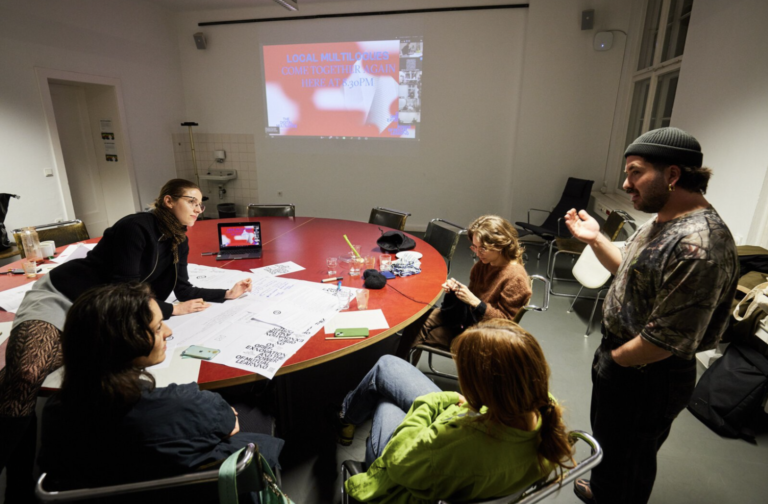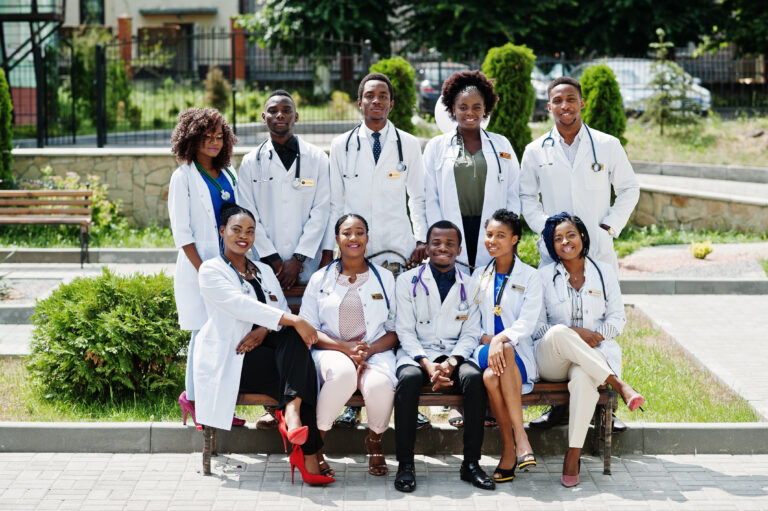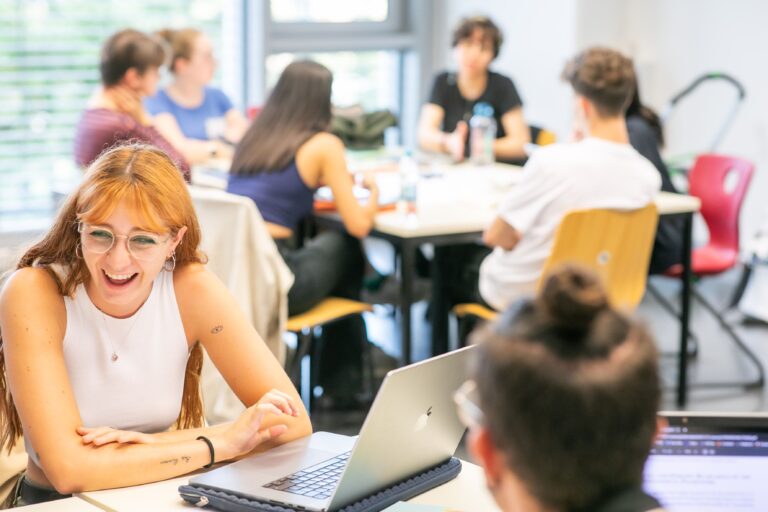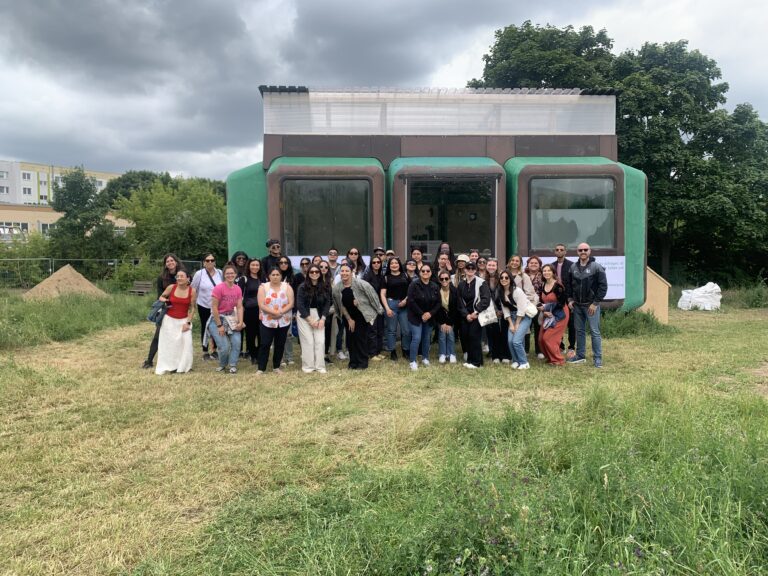

About BeCOIL
The BeCOlL project is designed to promote the innovative COlL concept among lecturers and to provide them with the support they need to plan and offer a COlL course.
COIL stands for “Collaborative Online International Learning” and enables students from different countries and cultures to participate in a collaborative course and work together online.
The BeCOlL project is part of the Berliner Qualitäts- und Innovationsoffensive (QIO) of the State of Berlin and includes nine Berlin universities. The goal is to make global competences accessible to all students and lecturers through collaborative projects. The BeCOlL coordinators at each participating university provide support for COlL projects and offer assistance in the design and implementation of COlL courses.
Objectives
- Establish and Expand COIL: We are dedicated to implementing and growing Collaborative Online International Learning (COIL) at Berlin’s universities.
- Standardize and Share Resources: We aim to standardize COIL formats and create a pool of shared resources.
- Enhance Student Participation in International Learning: COIL enables less mobile students to gain valuable international and intercultural competencies.
- Advance Instructor Skills: We help instructors enhance their digital and methodological skills within an international framework.
- Ensure Sustainable Integration: Our shared guidelines and quality standards lay the groundwork for the long-term integration of COIL.
- Utilize Synergies: Through teamwork and knowledge sharing, we strive to maximize the potential of our skills within and beyond our network.
- Support “Internationalization at Home”: The sustainable implementation of COIL is crucial for achieving a successful “Internationalization at Home” strategy.
Activities
The BeCOIL Team…
- Identifies and Addresses Educational Needs: We define and address further education needs related to COIL didactics and implementation.
- Resolves Administrative Challenges: We suggest solutions for administrative issues such as credit transfer and recognition of achievements.
- Implements and Shares COIL Practices: Coordinators implement COIL at their universities and actively exchange experiences.
- Prepares and Supports Students: We organize support and preparation for students before and during COIL, including an intercultural learning course and an intercultural serious game
- Curates Best Practices: We collect and share best practices to enhance COIL implementation.

What is COIL
COLLABORATIVE – Lecturers collaborate with counterparts from at least one other country to develop joint projects (often built into existing courses). Students collaborate with peers from another country on joint projects.
ONLINE – Interactions take place virtually in live sessions or in asynchronous groupwork. In-person meetings can also be built into the projects but are not a must.
INTERNATIONAL – Projects are developed with one or more partners from at least one other country and potentially even another discipline.
LEARNING – The learning that takes place is not limited to the course content. Through groupwork, interaction and purposeful activities students develop increased cultural competences and language skills.
What is COIL? An innovative teaching concept offering valuable learning experiences and creating connections across disciplines. Students from different countries work together on projects, develop their intercultural skills and gain valuable experience in international teamwork – essential key qualifications that enhance students’ employability.
The value and benefits of COIL: Participation in a COIL strengthens key skills such as cultural competence, foreign language skills and the ability to work in international teams. These key qualifications are essential for the global working place and make a significant contribution to increasing students’ employability.
An example of a COIL: COIL connects students and lecturers worldwide to create valuable teaching and learning experiences. Through virtual collaboration across borders, participants develop intercultural and digital skills. A concrete example of a COIL project can help to illustrate this innovative teaching concept and highlight its benefits.
The phases of a COIL: A COIL usually involves four phases: Icebreaker, Organization, Collaboration, and Reflection. In the first two phases, Icebreaker and Organization, participants get to know each other, clarify organizational details, and form mixed teams. In the third phase, Collaboration, students actively work together on a joint project. The fourth phase, Reflection, focuses on evaluating and analyzing the collaboration to deepen the learning experiences. This structured approach ensures effective cooperation and promotes exchange across national borders
Suggestions for developing a COIL: COIL projects can be implemented both within a specific subject area and in an interdisciplinary context. After successfully finding partners, lecturers develop the COIL project together by defining the framework, methods, and objectives of the collaboration. This structured approach enables effective cooperation and promotes exchange across disciplines and national boundaries.
Projects
Events
“Towards a Hybrid, Flexible and Socially Engaged Higher Education” from 26th – 29th of September 2023, Madrid, Spain The ICL 2023 combines two conferences in one: the 26th International Conference on Interactive Collaborative Learning and the 52nd IGIP International Conference on Engineering Pedagogy. This interdisciplinary conference aims to focus on the exchange
05.07.23 von 13:00-13:55 Uhr (hybrid) Das Berliner Netzwerk Hybride Lehre lädt Lehrende ALLER Berliner Hochschulen (und darüber hinaus) zu einer hybriden Veranstaltungsreihe mit Information, Diskussion und kollegialem Austausch ein. Als Auftakt wird im Rahmen des #LunchtalksLehre der HU ein Beitrag zur Medientechnik für hybride Lehre – vom kleinen Seminarraum bis



